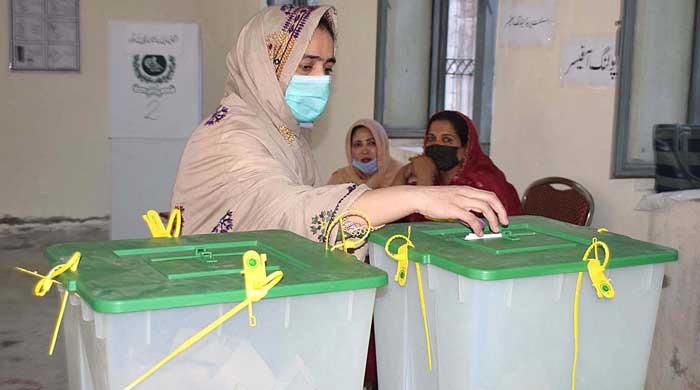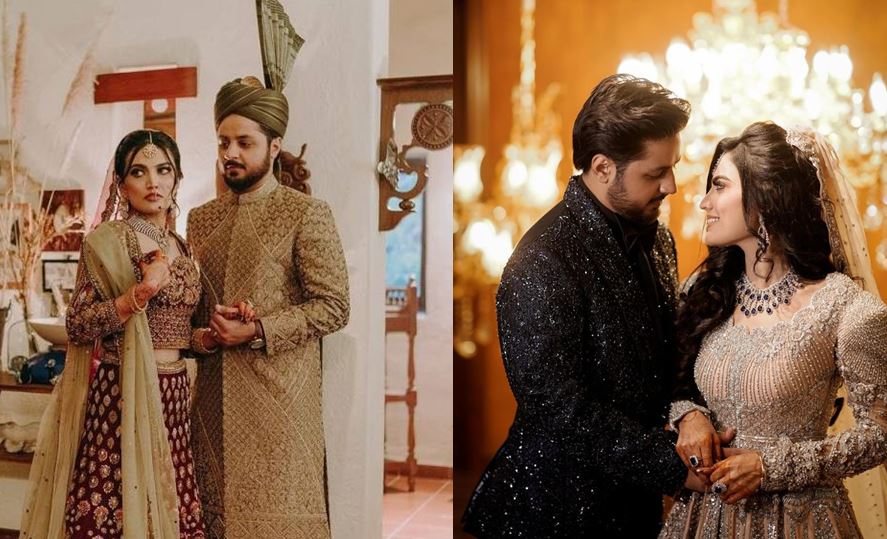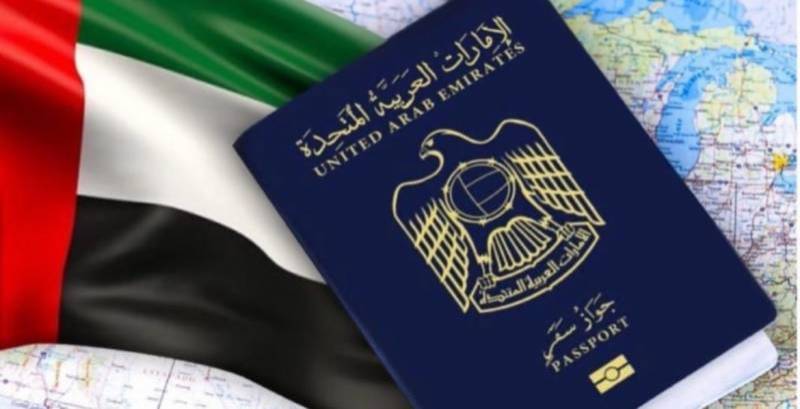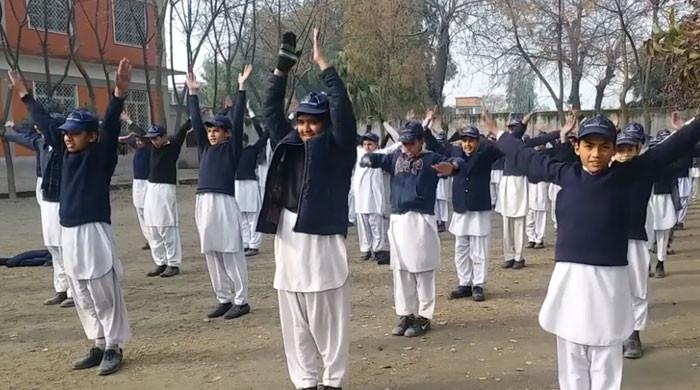A mother, weeping with joy and relief, holds her teenage son tight, as if determined never to let him go again.
“I can’t describe to you how I’m feeling right now,” she said, her face and voice reaching millions around the world through the cameras of international news organizations such as CNN.
“I honestly can’t believe it. I feel like I am in a dream. My son is finally with me. I thank God and pray that every mother will be able to feel this joy,” she added.
In the unfolding drama of hostage releases that began on Friday, such globally televised scenes of joy have become almost commonplace as Israeli families have been reunited with their loved ones, including children, held captive by Hamas since Oct. 7.
But Hunaida Tamimi is not an Israeli. She is a mother from Ramallah in the occupied West Bank.
Until his sudden release on Saturday, as part of the reciprocal deal struck between Hamas and Israel, her 17-year-old son Wissam was one of thousands of Palestinians imprisoned by the Israelis, many without charge or trial and some of whom have been locked up for years.
In a breaking-news report screened by CNN on Saturday, the American reporter was unable to keep the sense of surprise out of her voice as she reported that “over 3,000 Palestinians are held now under administrative detention, meaning no charges have been laid against them, and no ongoing legal process.” Suddenly, a world accustomed to hearing only Israel’s side of the complex story of the conflict between Israel and the frequently demonized Palestinians, is seeing Palestinian families for what they really are – normal mothers and fathers, just like them, trying to do their best for their sons and daughters in abnormal circumstances.
And, equally importantly, as details begin to emerge of the treatment of the thousands of Palestinians held for years in Israeli jails without any form of judicial process, the world is also seeing Israel in a new, darker light – as a state that abuses the rights of children, imprisoning them, often for years, without charge or trial.
Israel, caught flat-footed by the sudden media interest in the other side of the story, has made efforts to keep news crews away from released Palestinian prisoners and their families, but with only limited success.
In East Jerusalem, where Palestinians have been ordered not to celebrate the homecomings publicly and threatened with hefty fines, a Sky News team was turned away by police officers as detained minors returned home at the weekend.
Eventually, though, the news crew found a way through the narrow streets to talk to Ghannam Abu Ghannam, 17, who had been held for a year, without charge, for allegedly throwing stones.
“The conditions of our detention in the occupation prison were very harsh,” one of the released prisoners told the media on Monday.
“When the occupation authorities arrested me, I was 15 years old, and the detention room had 12 prisoners, even though it was intended for only six,” Omar Al-Shwaiki said.
“It was very harsh, and there are many children aged between 13 and 15 being held by the occupation.”
Save the Children’s investigation unearthed a catalogue of abuse, including that 42 percent of detained Palestinian children had suffered injuries during arrest, “including gunshot wounds and broken bones,” suffocation, and dislocated shoulders.
Nearly all had experienced “appalling levels of physical and emotional abuse, including being beaten (86 percent), being threatened with harm (70 percent), and hit with sticks or guns (60 percent).”—Agencies






